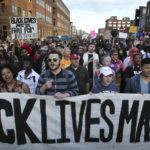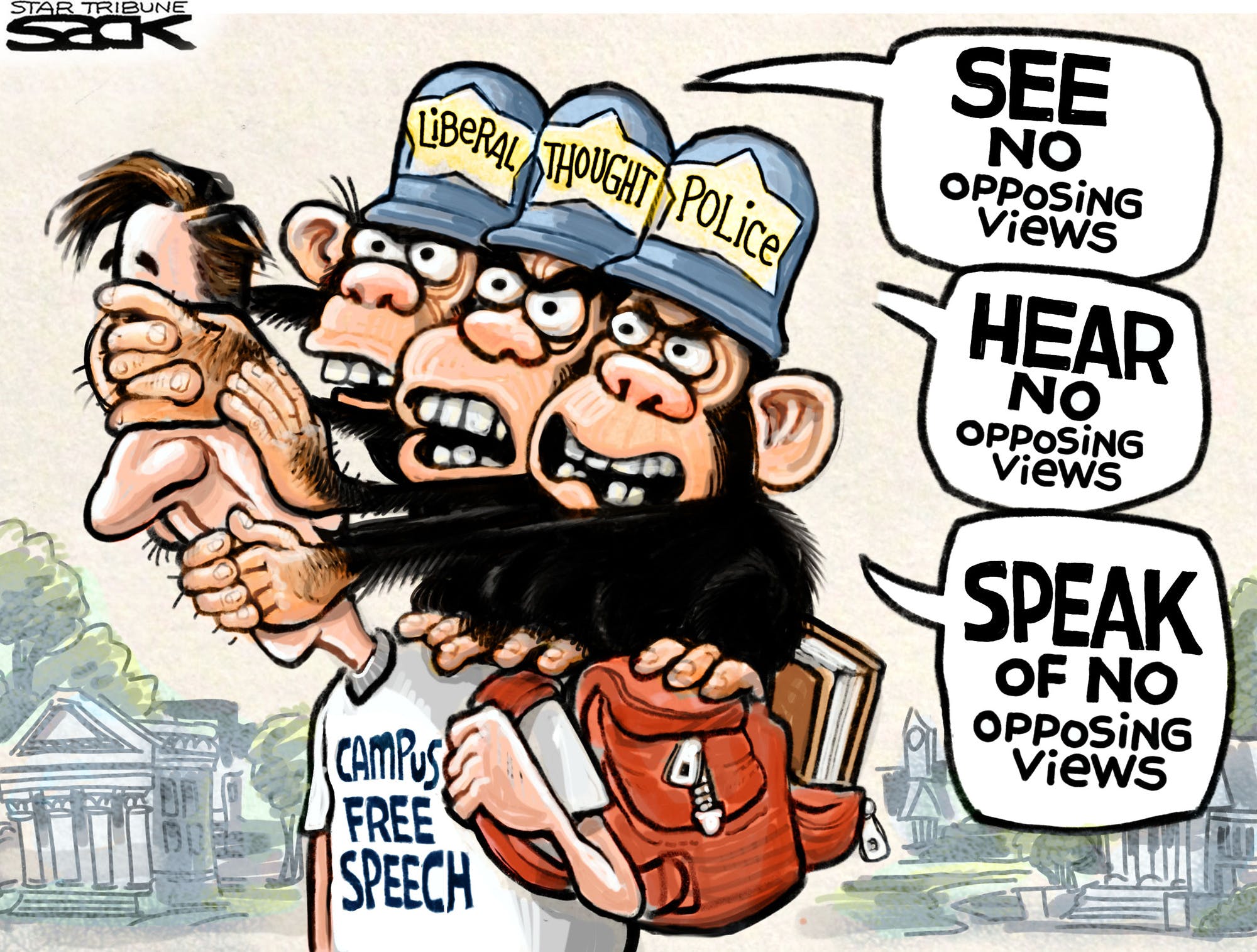
Please go elsewhere if you are triggered by free speech, the free exchange of ideas, or people who express and defend ideas or opinions that differ from your own. Please go elsewhere if you are triggered by open, direct, and adult discussion of issues, including but not limited to issues of faith, war, violence, race, gender, and sexuality. And please go elsewhere if you feel entitled to censor the thoughts or words of others or insist they tailor their language or attitudes to your preferences. These are the sentiments of a person who does their work in a place that has traditionally been the bastion of free speech and free expression of thought, but recent actions indicate that place may now be the home of intolerance to free speech and free expression of thought.
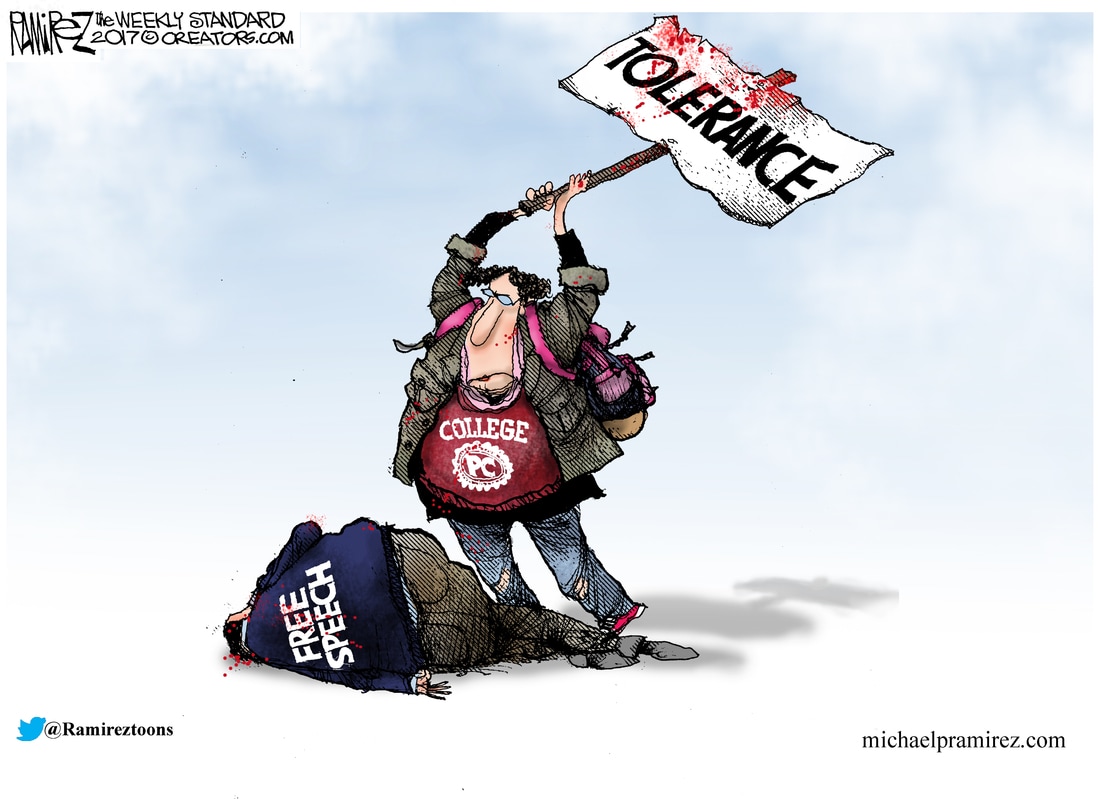
The aforementioned statements are actually terms of a two-page contract that Associate Professor of English James “Duke” Pesta at the University of Wisconsin Oshkosh, presents to his students on their first day of class. Pesta says he created the contract to counter the growing death trend of academic debate and free speech exchange of ideas on college campuses.
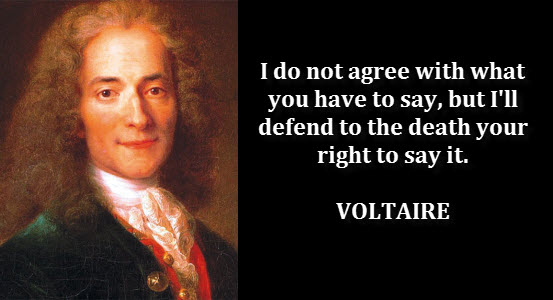
He says “I have learned through personal experience that university administrators and equity officers are often not willing to defend classroom speech, even if that speech is taken directly from books or used to explain them. Students are now keenly aware that they can put Professors through an intrusive investigatory process just by complaining, even without any corroborating evidence. I have even had department heads who allow students to substitute required classes for other courses just because students complain about what they have ‘heard’ a Professor’s classes are like, my contract is an attempt to make it harder for these kangaroo court investigations to be launched in the first place.”
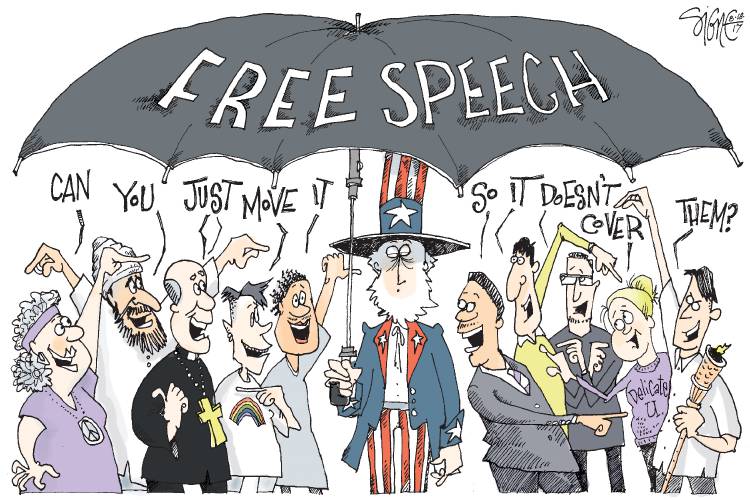
Everyone wants the freedom to express their own views and speech, but some people don’t want the same freedom extended to others who have opposing views and speech
Last February, a planned speech by alt-right writer Milo Yiannopoulos, was canceled at the University of California- Berkeley after demonstrators set fires and threw objects at buildings to protest his appearance. All the buildings on campus were locked down for several hours, and the university police said on Twitter that students should leave the area because of the “violent demonstration.”
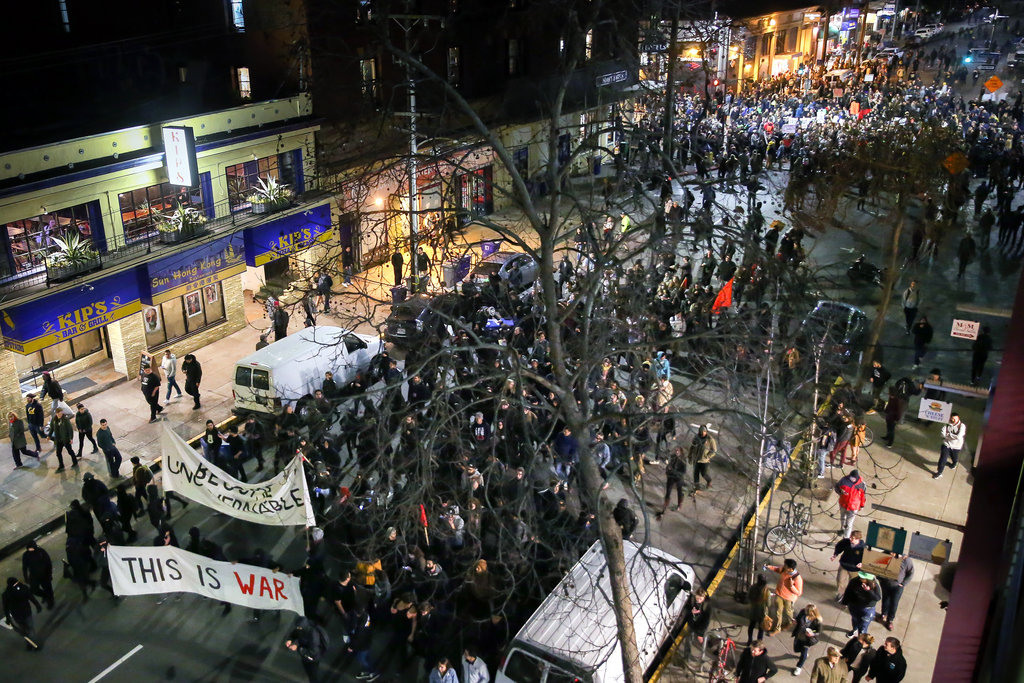
A lawful protest in Berkeley, Calif., aimed at alt-right leader Milo Yiannopoulos Elijah Nouvelage/Getty Images
In September of 2017, an event ironically labeled “Free Speech Week” was canceled. A student group, the Berkeley Patriot, planned the event which was to feature Yiannopoulos and other right-wing commentators, including Mike Cernovich, Pamela Geller, and Lucian B. Wintrich. A lawyer representing the group said it was forced to cancel Free Speech Week because the university resisted the event by failing to communicate, making bureaucratic demands and endangering participants by refusing to rent out secure venues.
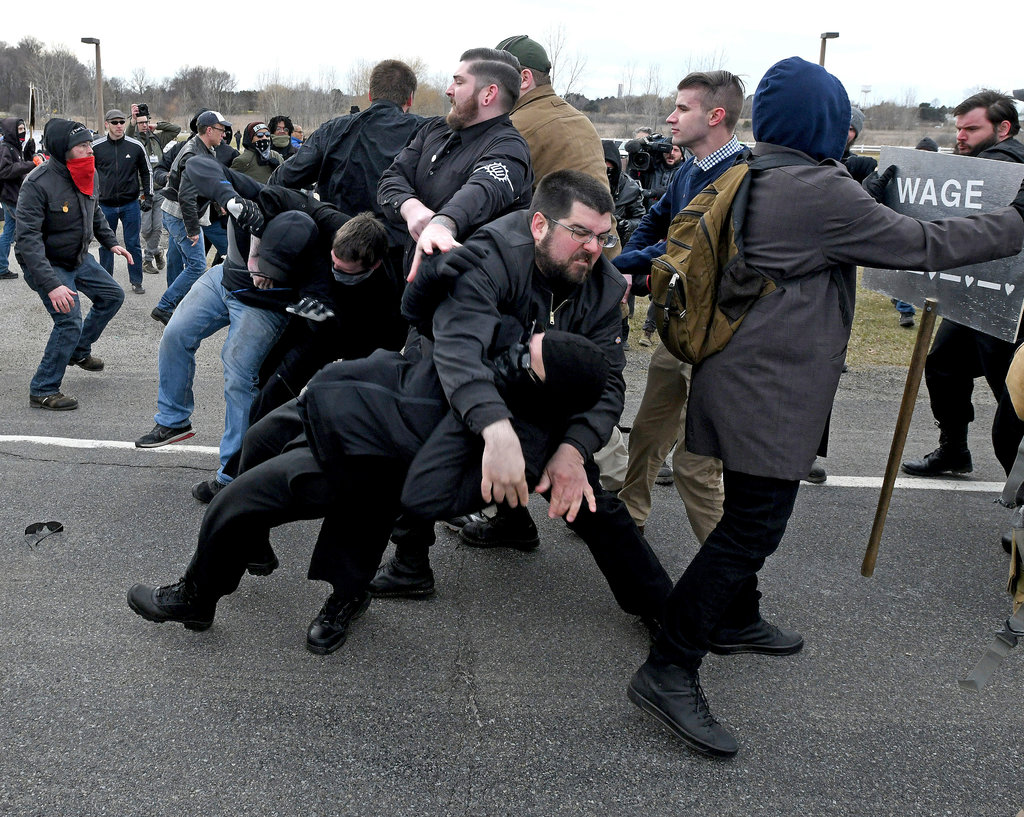
Protesters unlawfully clashed outside the Michigan State University Pavilion before a scheduled speech by the white nationalist Richard B. Spencer Dale G. Young/Detroit News, via Associated Press
Dan Mogulof, a spokesman for the university denies that the school was responsible in any way for the cancelation saying: “It is extremely unfortunate that this announcement was made at the last minute, even as the university was in the process of spending significant sums of money and preparing for substantial disruption of campus life in order to provide the needed security for these events. Claims that this is somehow the outcome desired by the campus are without basis in fact.” The university’s Chancellor, Carol T. Christ, is on record as a free speech advocate saying: “Universities are fundamentally dedicated to free inquiry, this commitment is fundamental to academic freedom.”

While the university administration supports free speech, over 200 Professors and doctoral candidates signed a letter calling for a class boycott to protest the event before it was canceled. Michael Mark Cohen, an Associate Professor of American and African-American studies who was helping to lead the boycott said: “What America is not understanding about what’s happening at Berkeley is this is a community and a campus that is under a comprehensive, well-funded full assault by the alt-right, these people will not leave us alone. This has to stop unless the rest of the country is willing to let Berkeley become a battlefield.”
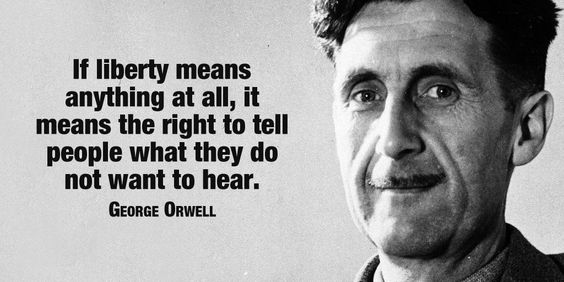
But the intolerance of free speech is not limited to liberal arts colleges. Shane Claiborne a Christian pacifist known within evangelical circles for his opposition to the death penalty, for his embrace of immigrants and refugees, and a regular visitor to Christian college campuses held a Red Letter Revival in Lynchburg, Virginia. Lynchburg is the home of the Christian education behemoth Liberty University, Claiborne reached out to Liberty’s president, Jerry Falwell Jr., inviting him to come to the revival and pray with fellow Christians. Falwell refused Claiborne’s invitation and had Liberty’s campus police department send a letter threatening him with arrest if he visited Liberty’s campus.
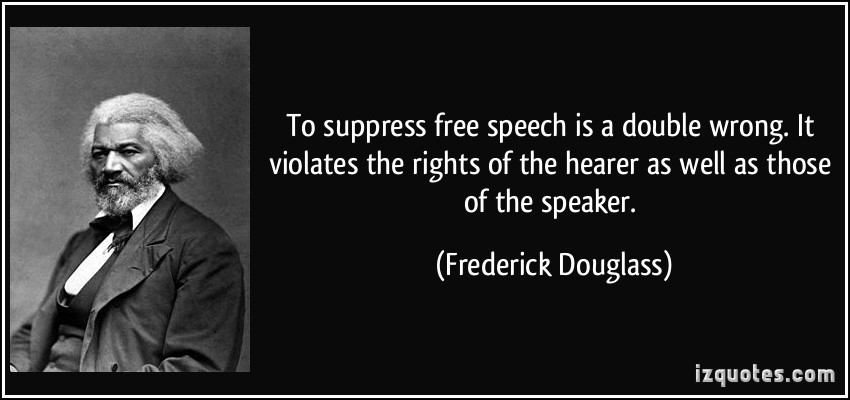
Apparently, Falwell’s problem with Claiborne is Claiborne’s commitment to non-violence and his new book that makes the Christian case for gun control, which runs counter to Falwell’s brand of Christianity. Falwell has opened a shooting range on campus and once told students, “If more good people had concealed-carry permits, then we could end those (radicalized) Muslims before they walked in.”
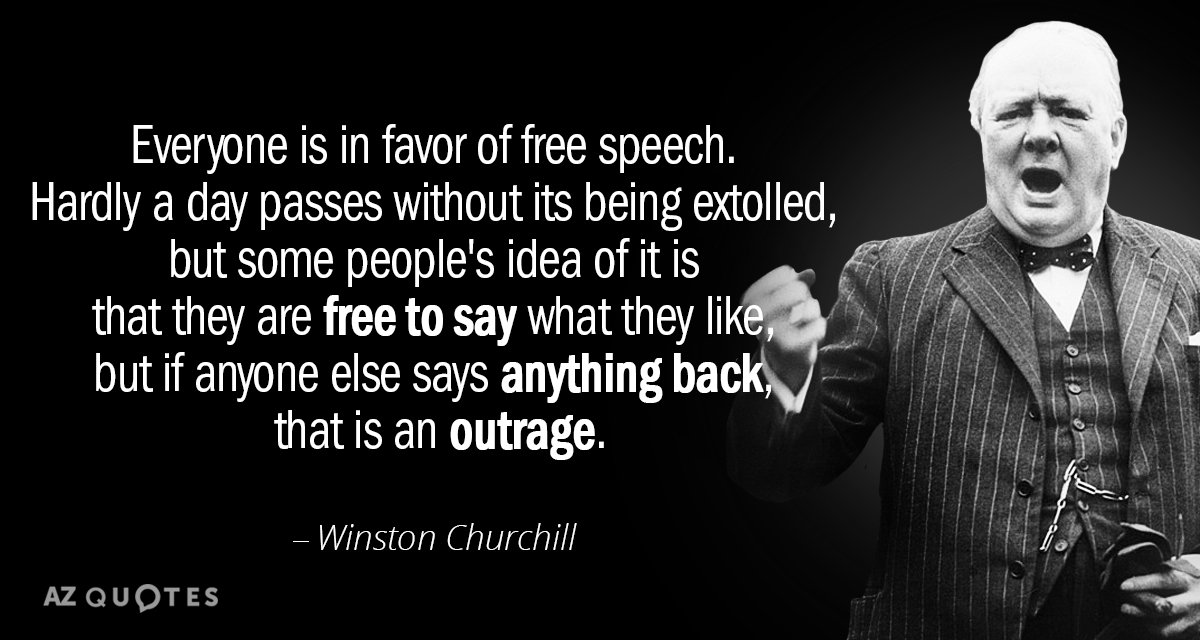
Academia and college campuses have traditionally been America’s bastion and nurturer for the free exchange of opposing thought, and the unabashed home to free speech. Unfortunately for America they are now increasingly looking like the partisan political landscape in America, becoming bastions, nurturers and home to intolerance of opposing views and free speech. College students themselves seem to be struggling with the false narrative of diversity versus free speech according to a recent Gallup poll of 3,000 college students
On one hand, when forced to choose, a small majority of college students say inclusivity is more important than free speech, though they widely believe in the importance of both to democracy.
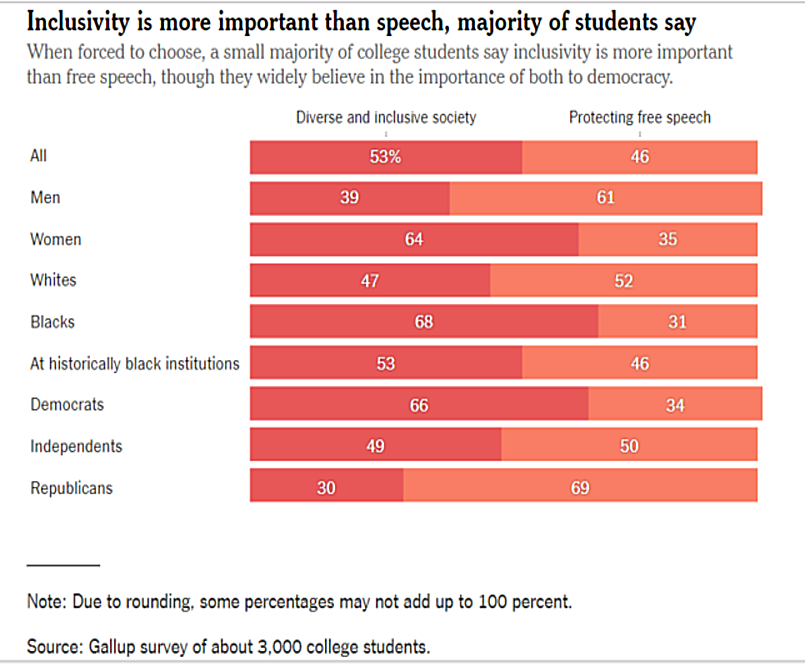
On the other hand, the vast majority of students say they would rather have a learning environment that is open and permits offensive speech to one that is positive but limits it.
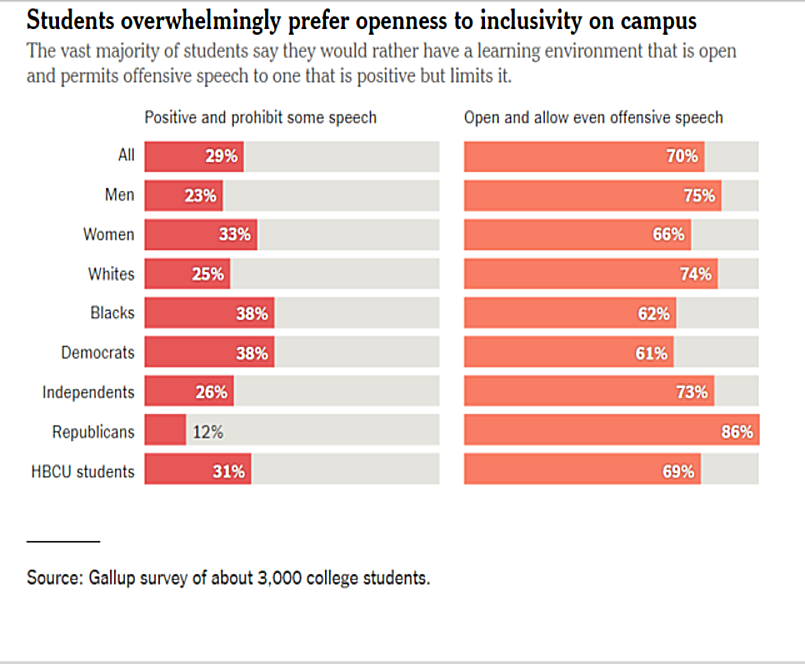

According to the American Civil Liberties Union (ACLU), the First Amendment to the Constitution protects speech no matter how offensive it’s content. Restrictions on free speech or free expression of thought by colleges and universities amount to censorship, a violation of the principles of the First Amendment. Free speech or free expression of thought restrictions deprive students of their right to invite speech they wish to hear, debate speech with which they disagree, and protest speech they find bigoted or offensive. An open, free and democratic society depends on liberal education, and the foundation of liberal education is the principle of free thought and free speech.
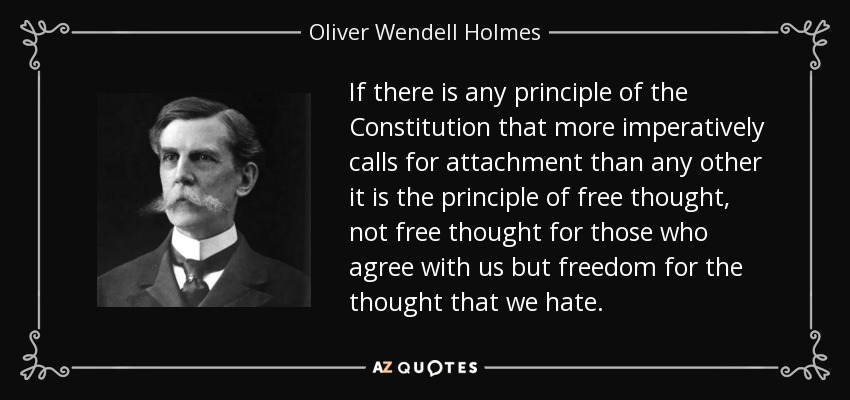
The bottom line is the best and truest test of America’s First Amendment is in fact speech or a speaker we disagree with the most!!! A speaker or speech that deeply offends one’s morality, which is opposite or even hostile to one’s way of life deserves the same constitutional protection as speech one agrees with. Because the right of free speech cannot be conditional or in the eye of the beholder, it must be consistent and unconditional regardless of one’s religious beliefs or political opinions. If a college suppresses controversial ideas or speech, it is practicing censorship.
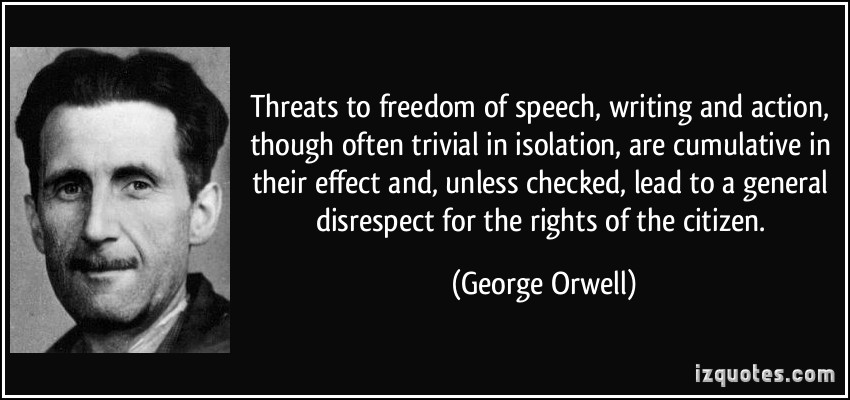
The only speech the First Amendment does not protect and no college should allow, is speech that encourages harassment, threats, and violence against institutions and people. Bigoted or offensive speech does not meet that standard and determining what speech does should be done on a case by case basis. America and academia are at their worst when they seek to suppress opposing thought and speech. America and academia are at their American best when they seek to convert opposing thought and offensive speech through the exchange of free thought and free speech.


